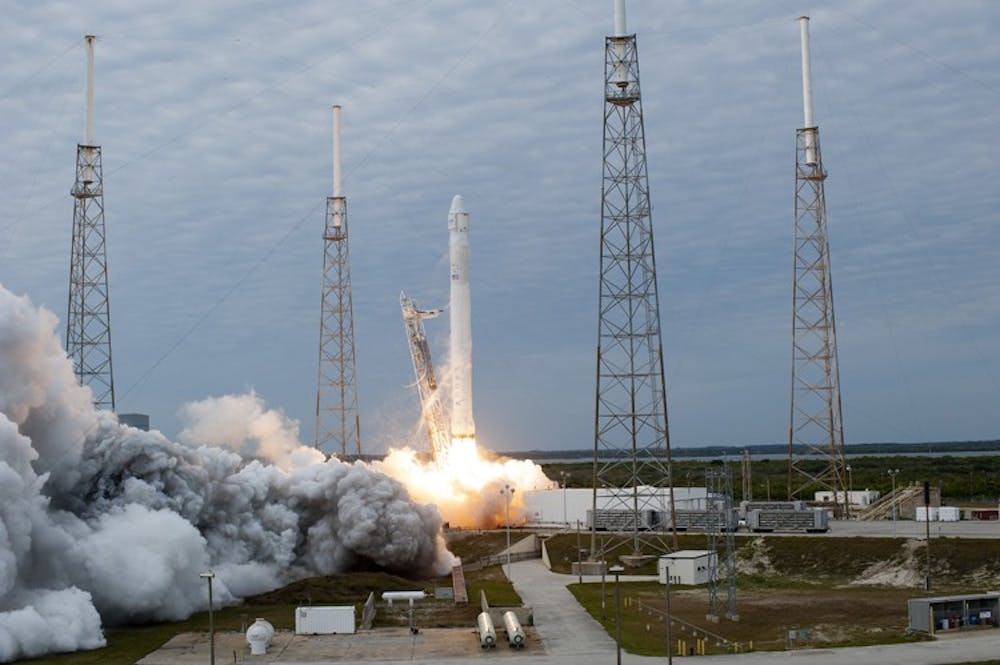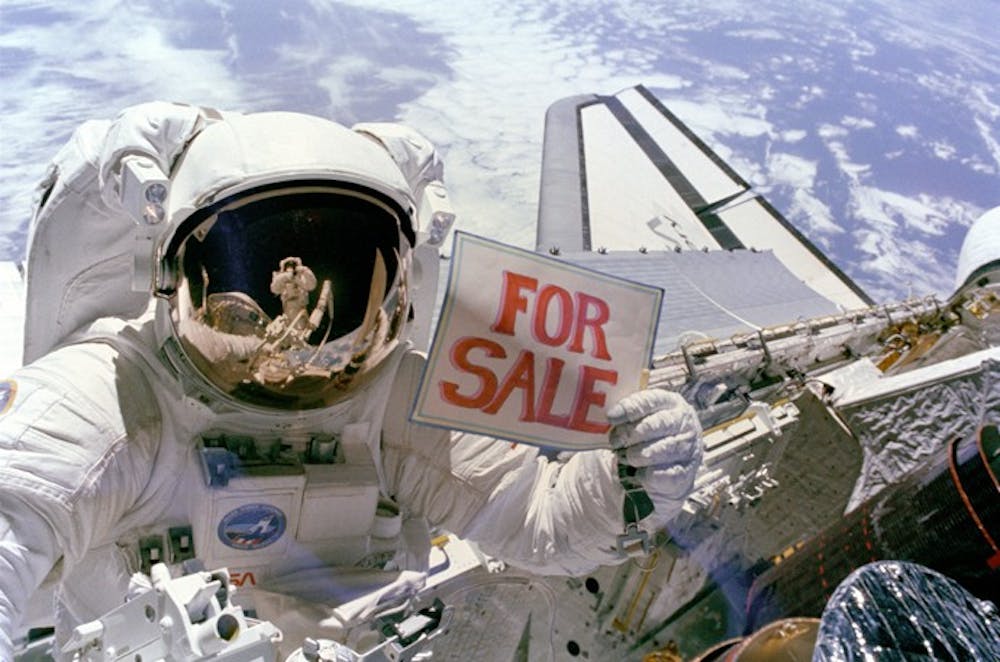By Patrick Neer | Echo

Space tourism is coming-but not yet. The lethal crash in the Mojave Desert of the Virgin Galactic's flagship, SpaceShipTwo last October forced the company to delay its plans for privatized space flight, according to a report from NBC.
The test flight crash killed one pilot and injured two others, which lead to greater continuous scrutiny of the company and the industry of space tourism as a whole. Virgin Galactic's accident also shook public and investor confidence in the safety of commercial spaceflight.
Michael Listner, attorney for the Space Law and Policy Solutions law firm, explained in a National Geographic report shortly after the crash that from an industry standpoint, private space flight's hard times were just beginning.
"For the industry, the joyride is over," Listner said. "This is going to mean a lot more regulation. And there is the question of whether the industry will even survive."
Prior to the accident, Virgin Galactic pre-sold 700 refundable seats for future commercial flights at a quarter of a million dollars each, according to NBC. But following the incident, some customers began reconsidering their reservations.
Three percent-roughly two dozen-of Virgin Galactic's customers bailed out, citing safety concerns. But Craig Willan, a veteran of the aerospace industry, intends to stand by Virgin Galactic and urges other passengers to stay the course as well.
In an interview with NBC, Willan described an interaction he had with another customer who was considering asking for a refund.
"I told him, don't," Willan said. "Don't do it. You don't want to get into that for a couple of reasons. One is, it would be a potential run on the bank. And the second thing is, it sends the wrong signal to humankind. This is a very important phase in the gestation of something new, and we don't want to screw up this pregnancy."
But four months after the accident, Virgin Galactic is still afloat and the private spaceflight industry is more vibrant than ever. Virgin Galactic's CEO, George Whitesides, expressed hope that the worst is behind them, Fosters.com reported.
"I really think we're turning the corner," Whitesides said. "We've gone through one of the toughest things a company can go through and we're still standing, and now we're really moving forward with pace."
While Virgin Galactic hopes to have two more spacecraft built and operational by the end of 2015, Whiteside is reluctant to give a timeline for successful commercial flight.
But as Virgin Galactic stalls, Boeing and SpaceX are competing for one of the industry's most lucrative contracts: the privilege of being the first private firms to fly astronauts to the International Space Station (ISS) for NASA.
According to Miriam Kramer, a reporter for Space.com, NASA selected both companies in a bid to break the American Space Agency's (an independent U.S. agency responsible for aviation and spaceflight) current reliance on Russia for astronaut delivery to and from the ISS.
Boeing, along with SpaceX, the brainchild of futurologist mogul Elon Musk, each developed manned capsules capable of transporting a crew of astronauts to and from the ISS. That transporation would offer a much cheaper price than Russia's space agency, Roscosmos, Space.com reported.
Although Boeing has yet to launch the fruits of its labor, SpaceX is making strides in the private spaceflight industry. Since March of 2012, SpaceX has made regular annual cargo deliveries to the ISS. This marks it as the first company to offer private, albeit unmanned, flights to the ISS.
Musk has publicly speculated about the possibility of Mars colonies. In 2011, the SpaceX founder told delegates at the American Institute of Aeronautics and Astronautics (AIAA) in San Diego that he plans to take people to Mars in 10 to 15 years, Space.com reported.
"The reason SpaceX was created was to accelerate development of rocket technology, all for the goal of establishing a self-sustaining, permanent base on Mars," Musk said at the time. "And I think we're making some progress in that direction - (but) not as fast as I'd like"




